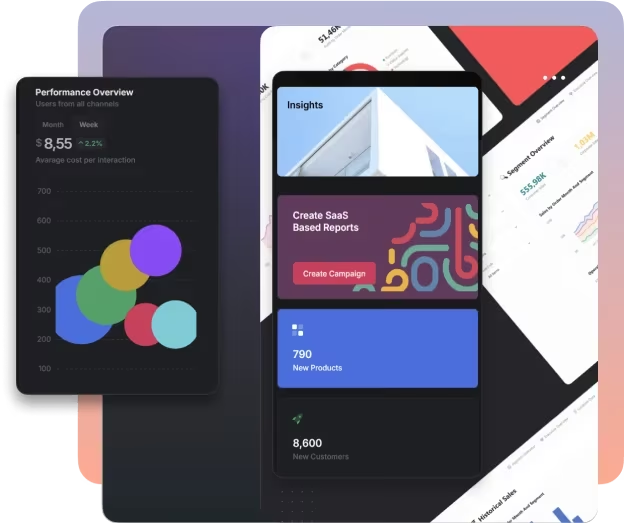Digital Transformation Isn’t Just for Big Corporations — Here’s Why

When people hear the phrase “digital transformation”, they often imagine big corporations with unlimited budgets, hiring consultants, and rolling out massive IT projects. But here’s the truth: digital transformation isn’t just for Fortune 500 giants — it’s for any business that wants to stay competitive, improve efficiency, and keep customers happy.
In fact, small and mid-sized businesses often have more to gain from digital transformation than big companies, because they can adapt faster, experiment with new tools more easily, and see results quicker.
So, let’s break it down: what digital transformation really means, why it matters for smaller businesses, and how you can start without breaking the bank.
What Does Digital Transformation Actually Mean?
Digital transformation isn’t just about using new software or moving to the cloud. At its core, it’s about rethinking how your business works by using modern technology.
That could mean:
- Automating repetitive tasks so your team has more time for meaningful work.
- Building a custom CRM to manage customer relationships more effectively.
- Creating a centralized data system so you can make smarter, faster decisions.
- Adopting collaboration tools that make remote work smoother.
- Improving your website or CMS to serve customers in multiple languages.
It’s not about replacing people with technology — it’s about empowering people to do their jobs better.
Why Small and Medium-Sized Businesses Need It Too
You might think, “We’re not a big corporation, so we don’t need digital transformation.” But in reality, digital transformation levels the playing field.
Here’s why it matters for businesses of any size:
- Customer Expectations Have Changed
Customers now expect quick responses, online services, personalized offers, and seamless experiences. If you’re still managing everything manually, you’ll fall behind competitors who use digital tools. - Efficiency Saves Money
Automating tasks like reporting, invoicing, or data entry isn’t just about speed — it reduces errors and lowers costs. For smaller businesses, even small savings can have a big impact. - Flexibility and Growth
Modern platforms make it easier to scale. For example, if you start with a custom-built CRM or ERP, you can expand its features as your company grows — without starting from scratch. - Data-Driven Decisions
Instead of guessing, you can use real-time dashboards, reporting automation, and data warehousing to make smart choices about sales, marketing, and operations.
Real-World Examples
- A local retail store might implement a digital inventory system that syncs online and offline sales, so stock levels are always accurate.
- A small consulting firm could use a custom CRM to track leads, automate follow-ups, and improve client communication.
- A mid-sized manufacturer might adopt an ERP solution to manage supply chains and optimize production.
These aren’t billion-dollar projects — they’re practical changes that bring immediate value.
Where to Start With Digital Transformation
You don’t need to transform everything at once. In fact, it’s better to start small:
- Identify Bottlenecks
Look at the areas that waste the most time or cause frustration — maybe it’s manual invoicing, messy spreadsheets, or scattered customer data. - Pick the Right Tools
Sometimes off-the-shelf solutions work. But often, a custom-built CRM, CMS, or ERP tailored to your workflow gives you a better long-term fit. - Focus on Integration
The goal isn’t to add more tools — it’s to connect your systems so everything works together smoothly. - Think Long-Term
Digital transformation is an ongoing journey, not a one-time project. Start small, measure the results, and expand step by step.
Final Thoughts
Digital transformation is no longer optional — it’s essential. And it’s not just for big corporations. Small and mid-sized businesses can actually benefit the most, because they can move faster, experiment with custom solutions, and adapt to customer needs more quickly.
At the end of the day, digital transformation isn’t about technology for technology’s sake. It’s about creating a smarter, more efficient, and more customer-focused business. Whether that means building a custom CRM, automating reporting, or upgrading your CMS, the key is to start where it matters most for your business.
More Articles
Show All Articles →How Startups Should Choose the Right Software Development Partner
Learn how startups can choose the right software development partner to build scalable products, reduce risk, and ensure...
The ROI of Automation: What Really Matters
Discover the real ROI of automation beyond cost savings—time, scalability, accuracy, smarter decisions, and sustainable...
Digital Solutions in Healthcare: Elevating the Patient Experience
Digital healthcare solutions that improve patient experience, streamline operations, and enable smarter, more personaliz...






